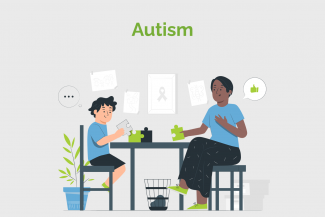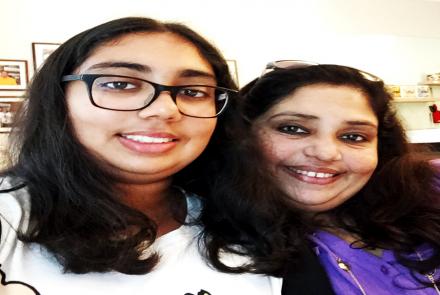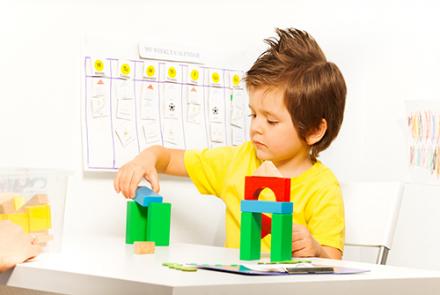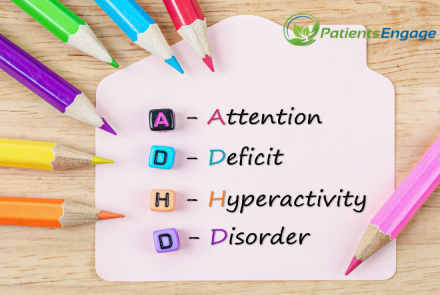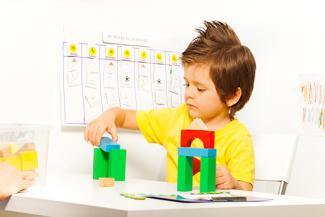
The degree to which different characteristics affect a child depends on the level of severity of impairments:
- Children with autism have problems in three core areas: socialisation, communication, and restricted patterns of behaviours and interests.
- Children with Asperger’s Syndrome have problems in two areas: socialisation and restricted patterns of interests. They do not have clinically significant delays in early language development or significant delays in cognitive development.
- Children with PDD-NOS have problems in socialisation and one of the two other areas: communication or restricted patterns of behaviors and interests.
General characteristics of children with Autism Spectrum Disorders include:
Social skills: Difficulty understanding social rules such as taking turns and sharing; problems understanding the emotions of others; difficulty taking the perspective of other people; problems initiating and maintaining interactions and conversations with other people. Some individuals will respond to social contact but not initiate interactions with others.
Communication: Difficulties in verbal and non‐verbal communication are another common feature of ASD. Some individuals with ASD may not speak at all; some might have limited speech or mimicking words or phrases in a repetitive way; while others are able to speak in full sentences. Some individuals with ASD might have a very large and impressive vocabulary, but struggle with the social use of language. Many display disordered or unusual speech patterns, or talk excessively about a limited range of topics or an area of special interest. Complex instructions, jokes, satire and emotional situations may be difficult for individuals with ASD to understand. Non‐verbal communication (such as body language, facial expression or tone of voice) is often very confusing for individuals with ASD, and they often need explicit teaching in how to interpret and understand non‐verbal communication. Trouble responding to verbal information presented at a fast pace; trouble understanding multiple-step commands; inconsistent understanding of verbal information; a need for verbal information to be repeated, especially information that is new.
Imagination / Flexibility of Thought: Individuals with ASD may use toys and objects in unusual or repetitive ways. Children on the spectrum tend to find it difficult to play creatively with toys and to join in the pretend play of others. They can be imaginative and create elaborate imaginary worlds, but they have difficulty allowing others to join their games and it is usually on their own terms and by their own rules. The imaginative play of individuals with ASD is often restricted, repetitive, and limited in interest.
Organisation/self-direction: They have difficulty completing activities independently and initiating work activities; problems organising free time and stopping one activity and moving on to the next; difficulty being flexible; shifting attention to a new focus; problems doing more than one thing at a time.

